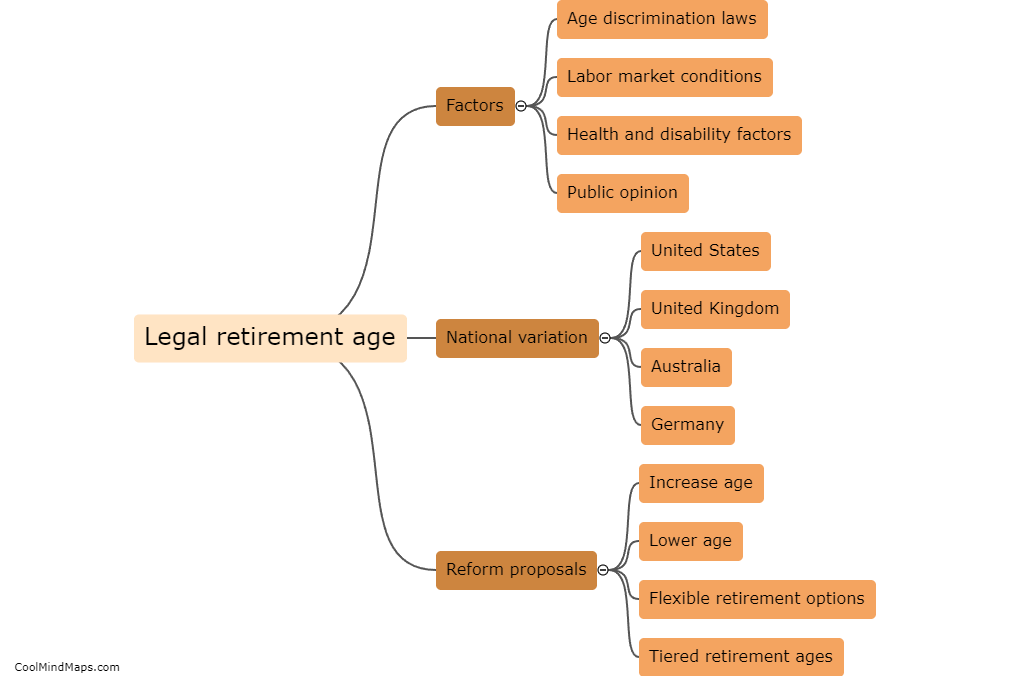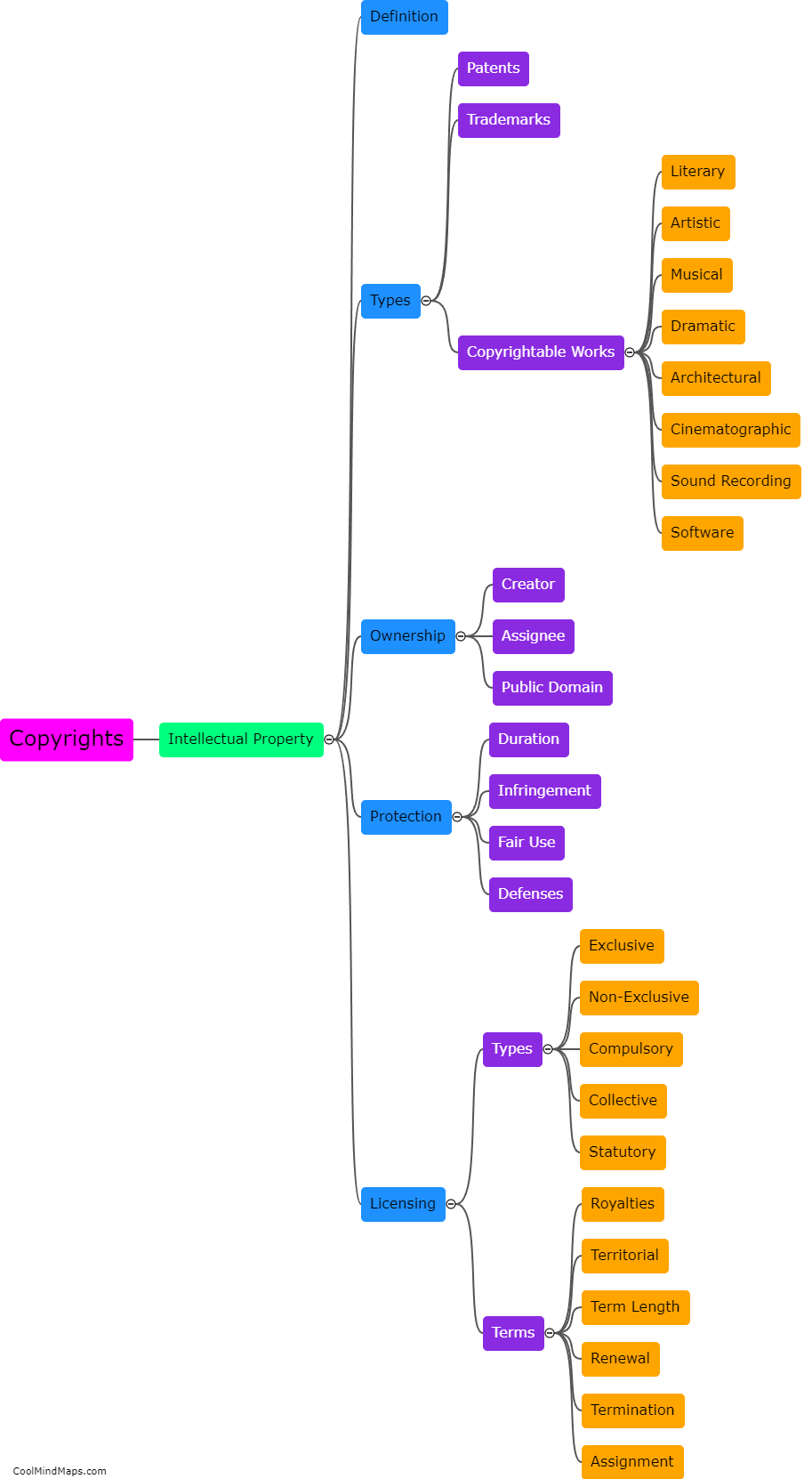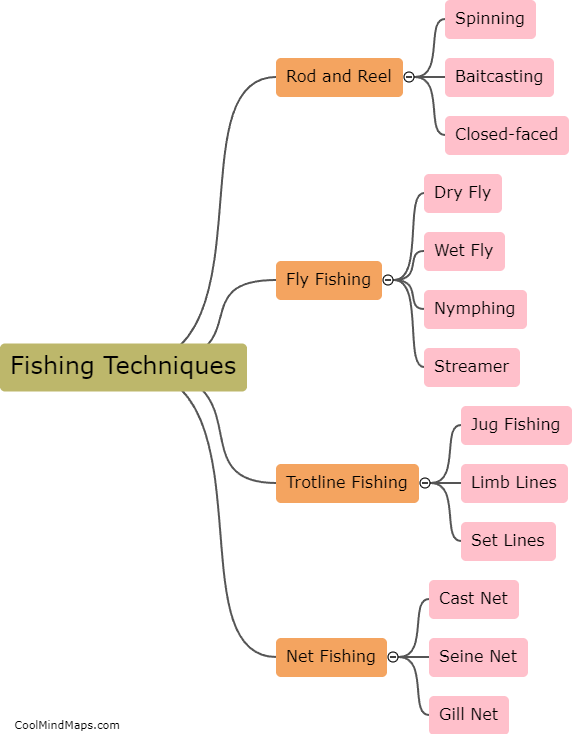How does international intellectual property law work?
International intellectual property law governs the ownership and protection of intellectual property rights (IPRs) on a global level. The main treaties for IPR standardization are the Agreement on Trade-Related Aspects of Intellectual Property Rights (TRIPS) and the World Intellectual Property Organization (WIPO) treaties. These treaties provide a framework for member states to protect IPRs such as patents, trademarks, copyrights, and trade secrets. Countries that ratify these treaties are required to adopt and enforce national laws that adhere to these standards. Enforcement of international intellectual property law involves cooperation between countries, customs officials, and intellectual property rights holders to combat piracy and counterfeiting on a global level.

This mind map was published on 19 April 2023 and has been viewed 99 times.











